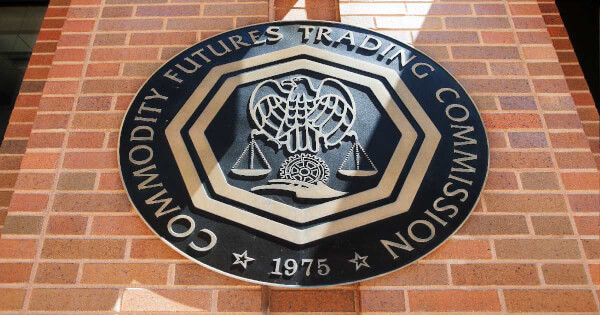
Source: blockchain.news
The Chairman of the Commodity Futures Trading Commission (CFTC), Rostin Behnam, tried on Monday to dispel the narrative of a turf war over digital asset regulation between his agency and the Securities and Exchange Commission (SEC).

Speaking at a Rutgers Law and Wall Street Blockchain Alliance event in Manhattan, Behnam said, “It’s a pretty cynical view to suggest that two agencies can’t figure it out and work together.” She delivered the comments to an audience of industry leaders and lawyers.
While efforts by US lawmakers to pass major crypto legislation by the end of the year are unlikely, regulators have engaged in a series of public conversations and enforcement actions about where the authority lies. In particular, questions about which regulatory body should be responsible for cryptocurrency oversight and which cryptocurrencies are commodities have created a perceived divide between the SEC and CFTC.
In this regard, Behnam on Monday reiterated his belief that the two largest cryptocurrencies, Bitcoin and Ether, are commodities. Behnam said, “Ether, I suggested it’s a commodity, I know Chairman Gensler thinks otherwise, or at least he hasn’t stated one or the other.”
In the past, SEC Chairman Gary Gensler has raised questions about whether Ether should be under the SEC’s jurisdiction, saying that Ether is a security, due to its switch to a proof-of-stake consensus mechanism.
Behnam further said that while the SEC and CFTC are members of the Financial Stability Oversight Council, the council is not the right place to find out the details of how the two agencies will divide oversight responsibilities for cryptocurrencies. Instead, he said that Congress is the proper entity to set such limits.
In September, Gensler reiterated his continued belief that cryptocurrencies are securities, but said he would support Congress for the CFTC to oversee the industry.
Gensler’s key argument is that cryptocurrencies are securities. Last month, the SEC chairman said that most digital tokens are similar to securities because the underlying companies or groups are run by entrepreneurs seeking to attract public investors.
Image source: Shutterstock
Read More at blockchain.news